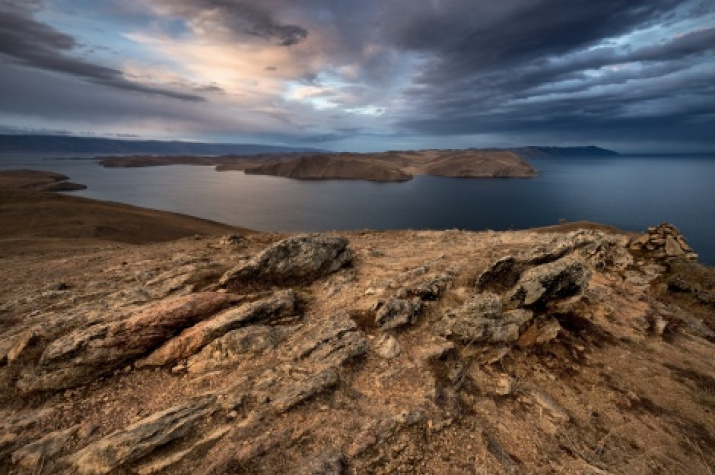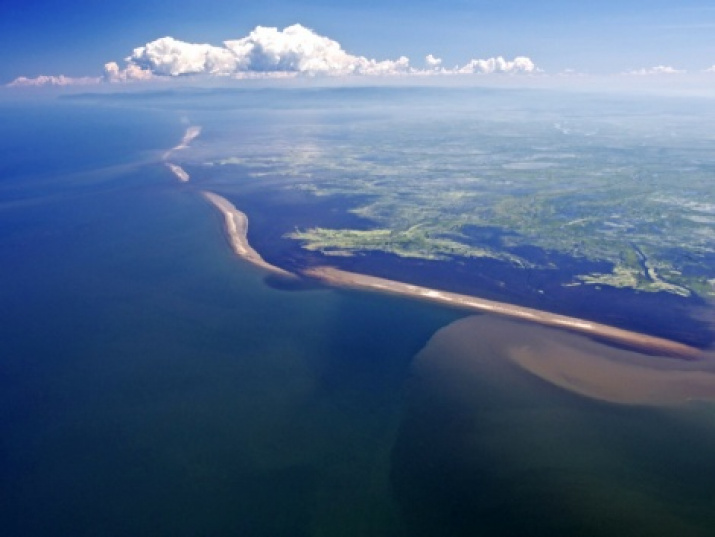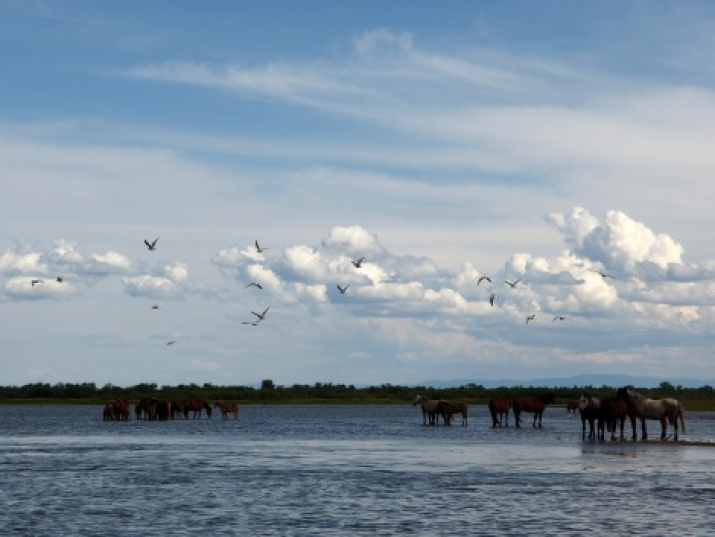The field stage of the Baikal expedition of the Russian Geographical Society was completed in the second half of July and beginning of August, 2017. The project, the main purpose of which is to assess the impact of river waters on the pollution of Lake Baikal, started this year.
The expedition was conducted under the guidance of the academician of the Russian Academy of Sciences, the president of the geographical faculty of Lomonosov Moscow State University, the First Vice-President of the Society N.S.Kasimov and Professor of the Russian Academy of Sciences, Director of the Baikal Institute of Nature Management of the SB RAS E.Zh. Garmaev. The field detachment included employees and postgraduates from the Geographical Faculty of the Moscow State University and the Baikal Institute of Nature Management.
Specialists-hydrologists note that the pollution of the deepest lake on the planet is affected not only by tourist bases and hydraulic structures located near the reservoir, but also objects of economic activity, often remote from Lake Baikal for many tens and hundreds of kilometers. Through the rivers they can influence the state of the lake, therefore the study of tributaries of Baikal is an urgent task, which is dedicated to the project of the Russian Geographical Society «The Baikal Expedition».
The scientists conducted a comprehensive study of the waters of all the largest tributaries of the eastern, northern and north-western coasts of Lake Baikal - from the Selenga River to the Tyaya River. The flow of water and sediment was measured (the amount of solid particles carried through the live cross section of the flow per unit time). In addition, sampling was carried out for a wide range of chemical elements, including toxic and biogenic elements, as well as ecotoxicological studies in the tributaries and waters of the «Siberian Sea».
Based on the results of the work, the scientists are planning to establish permanent monitoring stations in the most polluted tributaries of Lake Baikal. The expedition will be continued next year as well.



